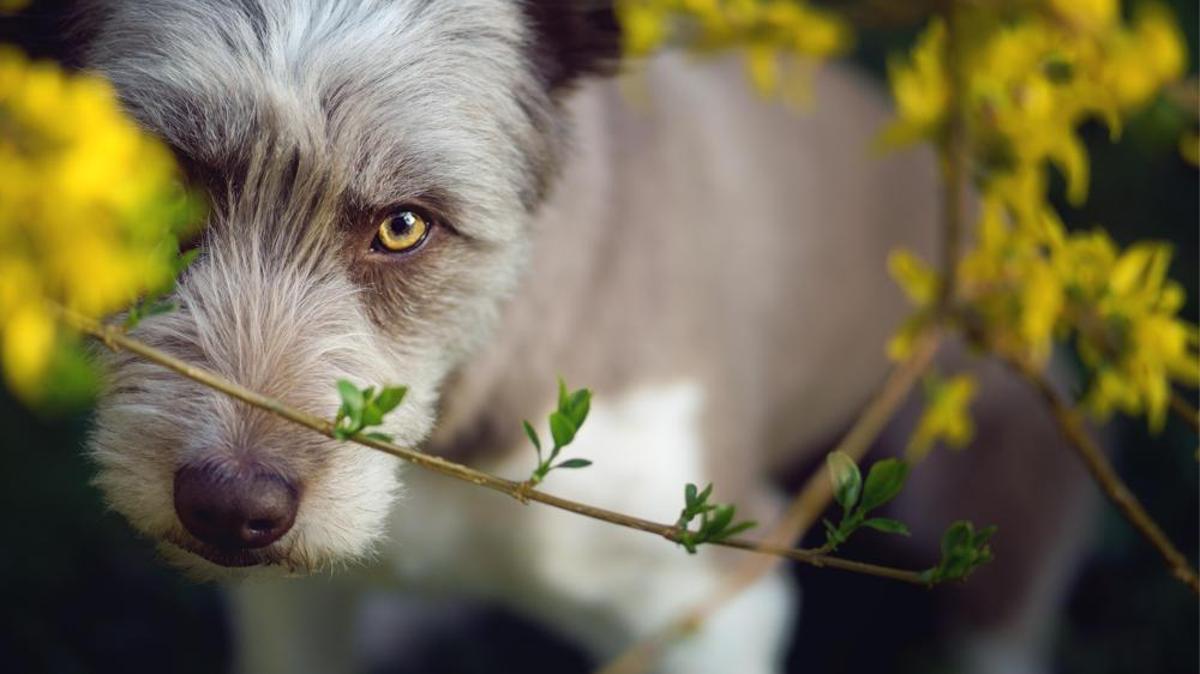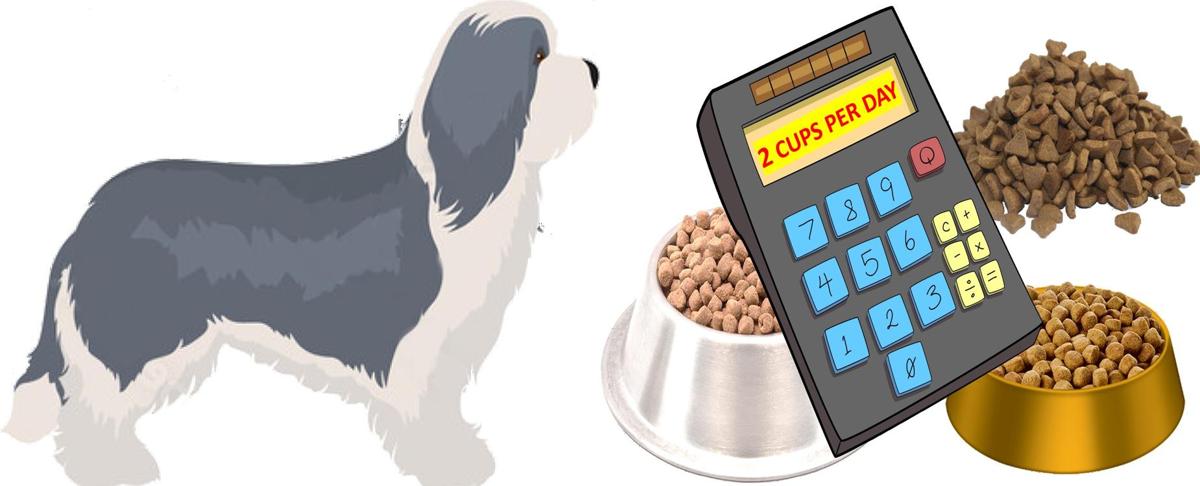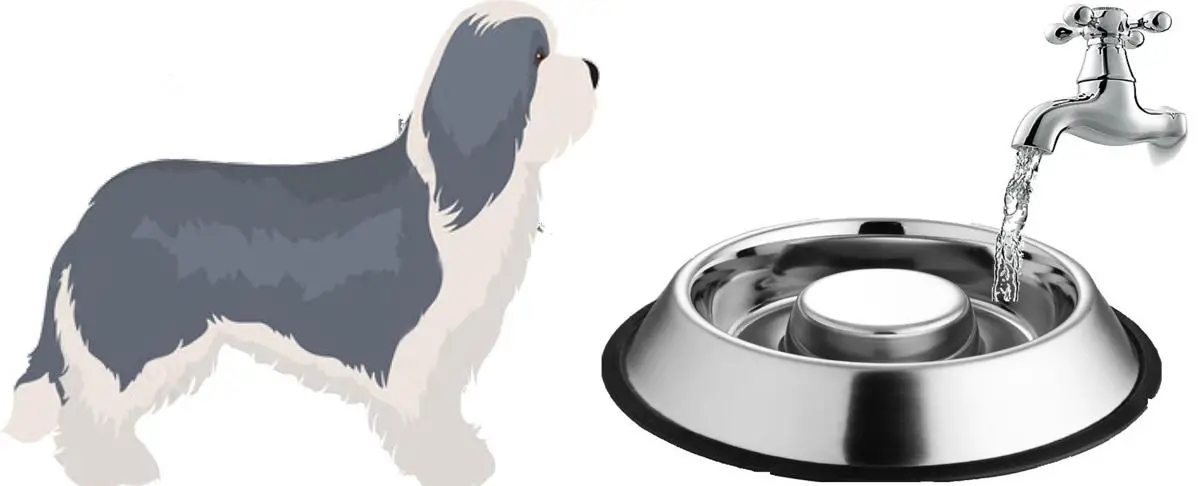Quick Links: Table of Contents
- Bearded Collie Breed Overview
- History of the Bearded Collie Breed. Where Bearded Collies came from
- What the Bearded Collie Looks Like
- How Much is the Bearded Collie Puppy?
- Best Bearded Collie Breeders
- Adopting or Rescuing the Bearded Collie
- Bearded Collie Growth
- What Colors do Bearded Collies Have?
- The Temperament of the Bearded Collie
- Bearded Collie Litter Size
- How Fast Bearded Collies Can Run
- Good Names for Bearded Collies
- How Intelligent are Bearded Collies?
- How Popular are Bearded Collies with New Dog Owners?
- Health Problems in Bearded Collies and How to Prevent Them
- How to Take Care of Bearded Collie
- Dog Breeds That Are Similar to Bearded Collies
- Other Things to Know About Bearded Collies
Bearded Collie Breed Overview
The Bearded Collie is a medium-sized dog.
The adult Bearded Collie stands 20 to 22 inches tall at the shoulder.
The Bearded Collie belongs to the Herding Dogs group.
Dogs in the Herding Dogs group, like the Bearded Collie, were bred for moving livestock, including sheep, cattle, and even reindeer.
Herding dogs work closely with their human shepherds, and their natural intelligence and responsiveness make them highly trainable.
Herding dogs have high levels of energy, which needs to be channeled properly to prevent destructive behavior.
Herding breeds are protective of their people and property and make excellent watchdogs. Their intelligence, agility, and activity level make them well suited to dog sports.
The fact that the Bearded Collie belongs to the Herding Dogs group is one of the reasons why Bearded Collies have the personality and temperament that they have.
The temperament of the Bearded Collie is generally described as:
- Active
- Alert
- Hardy
- Intelligent
- Lively
- Self-confidence
History of the Bearded Collie Breed. Where Bearded Collies came from
The majority of specialists concur that the Magyar Komondor is a Central European ancestor of the Bearded Collie.
Two lowland Polish sheepdogs were sent to Scotland by Polish traders in 1514, according to records.
A published written description from the early 1800s contains proof of the breed.
One of the first documented images of a Bearded Collie can be seen in a 1771 portrait of the Duke of Buccleuch.
In Scotland`s chilly and challenging terrain, the breed was able to drive off cattle and herd sheep for a great distance.
The original Bearded Collie came in two varieties.
The highland had a gray and white coat, while the border had a brown and white coat that was slightly wavy.
The two varieties were crossed and combined to form one breed.
When Mrs.
G.
O.
Willison, the proprietor of Bothkennar Kennels, began to raise the Bearded Collie as a show dog in the early 20th century, the breed was on the verge of extinction.
It is believed that Mrs.
Willison saved the breed.
In 1955, she also founded the Bearded Collie Club in Britain.
The dog was imported to the country in the late 1950s, but none of the animals were ever bred.
The first litter was born in the country in 1967, and the American Kennel Club recognized the breed in 1977.
The Bearded Collie, a successful and diligent herder, is now well-liked as a show dog and participates in herding trials.
.
What the Bearded Collie Looks Like
The Bearded Collie has thick, muscled thighs covered by shaggy hair on its hindquarters and front legs.
The breed`s feet are oval in shape, with thickly cushioned soles and arched toes.
The dog will have a full snout, a square-shaped nose, and a head that is proportionate to the rest of his body.
The arched brows and wide, uniformly colored eyes of the Bearded Collies contribute to their appearance of devotion.
Long hair drapes loosely around medium-sized ears.
The breed`s dogs have moderately arched necks and strong teeth that come together in a scissors bite.
.
How Much is the Bearded Collie Puppy?

The average price of a Bearded Collie puppy is $980. The price of a Bearded Collie puppy ranges from $500 to $975.
A lot of factors determine the price of the Bearded Collie. These factors include what health records the Bearded Collie puppy has, the lineage of the Bearded Collie puppy, the US state the breeder is located in, etc.
To estimate how much you can expect to pay for a puppy Bearded Collie based on the many factors that determine the price of the Bearded Collie puppy, check out our calculator that lets you estimate how much you should expect to pay for the Bearded Collie puppy based on what you want in the puppy.
When looking to buy a puppy, look at buying a puppy only from well-established breeders that breed puppies primarily for the love of the Bearded Collie breed, and secondarily for profit. Do not buy a puppy from a puppy mill. Puppy mills mass-produce puppies in bad living conditions for maximum profit.
You may also consider adopting instead of buying a puppy. Adoption costs are very low compared to the price of a puppy.
Best Bearded Collie Breeders
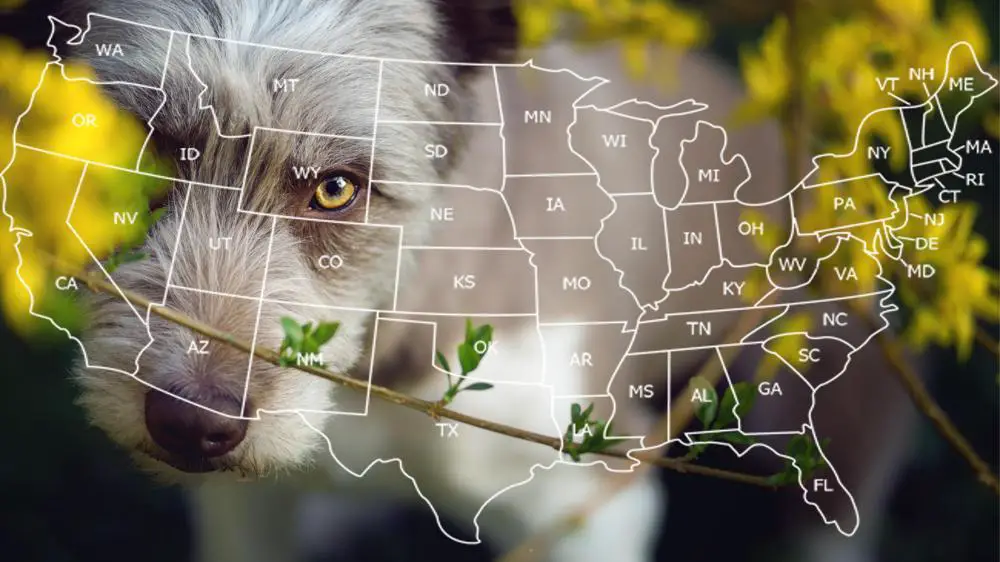
We have researched reputable Bearded Collie breeders that you can buy a puppy.
Go to this page for our complete list of reputable Bearded Collie breeders in various states in the United States.
On this page, you will see how much these breeders sell their puppies for, and how many puppies they have available.
A few of these breeders are listed below.
Meadows`
Puppy Price: Check with breeder
Suzanne Easley Buck
Puppy Price: Check with breeder
Willowridge Bearded Collies
Puppy Price: Check with breeder
Adopting or Rescuing the Bearded Collie
You may consider adopting a dog instead of buying a puppy. Many dogs, Bearded Collies included, are currently available for adoption in your local dog shelters.
These helpless but adorable dogs are waiting in dog shelters hoping that someday someone will rescue them. Dog adoption costs are lesser than the cost of a new puppy. Dog adoption costs are usually around $300 or even less.
In addition to your local dog shelter, another good place to find dogs that are available for adoption is petfinder.com.
Below is an adorable Male Bearded Collie named Snoopy that is currently available for adoption on Petfinder.com. You can find other lovely Bearded Collies like Snoopy on pefinder.com.
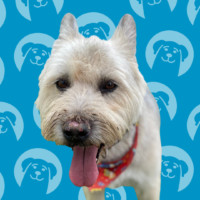
You can find more Bearded Collies that are available for adoption on petfinder.
Bearded Collie Growth
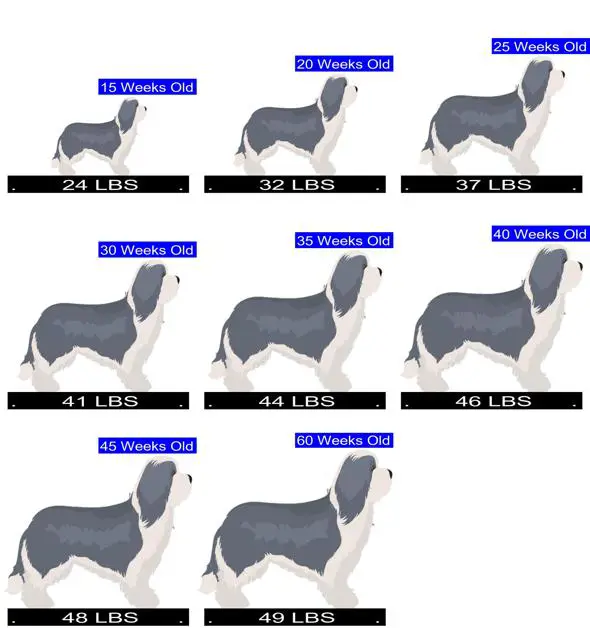
New Bearded Collie owners need to know about the growth of their Bearded Collies. This will help them plan their living spaces accordingly.
Also, knowing the typical growth pattern of the Bearded Collie will help new owners catch the abnormal growth of their Bearded Collie early.
See our calculator for predicting how big your Bearded Collie puppy will get. You will also learn about the typical weight of the Bearded Collie at different ages and how to catch abnormal growth in your Bearded Collie
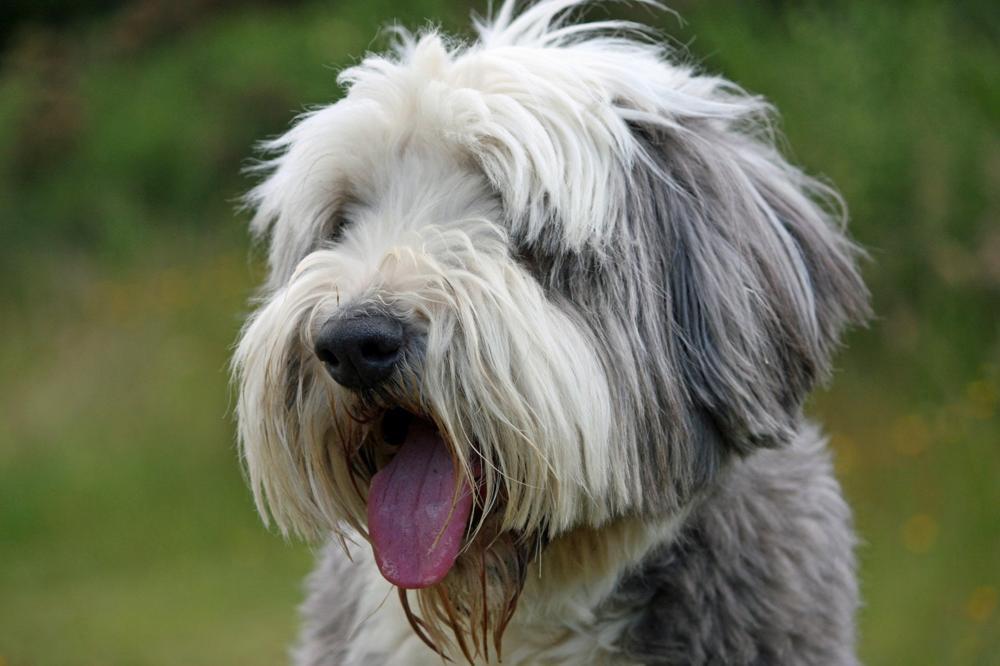
What Colors do Bearded Collies Have?
Bearded Collies come in the following beautiful primary colors:
- White / Cream
- Black
Bearded Collies come in the following lovely secondary colors in addition to their primary colors:
- Gray / Blue / Silver
- White / Cream
- Black
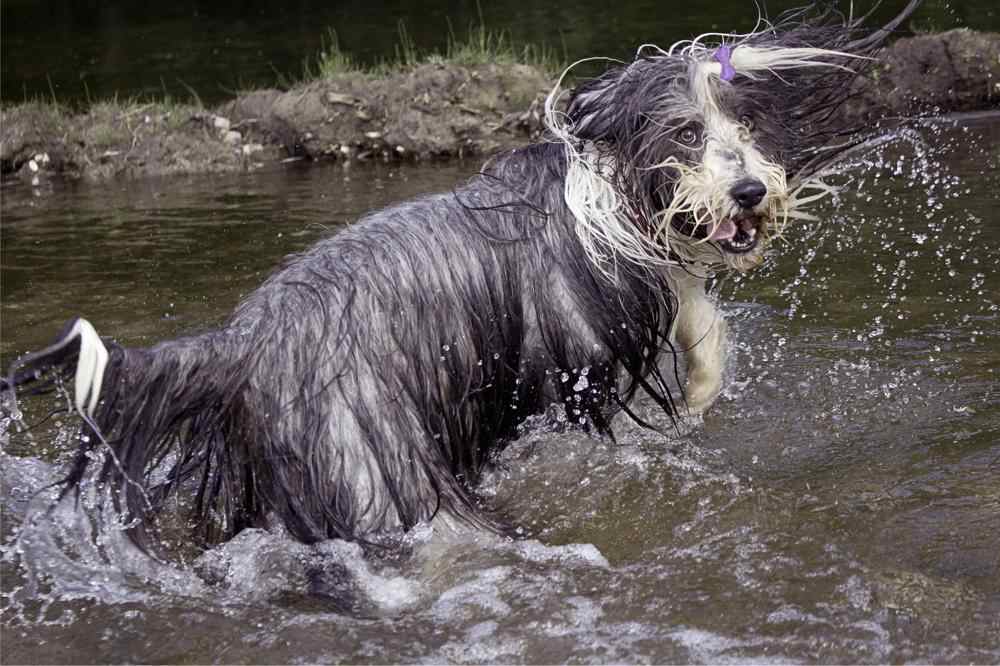
The Temperament of the Bearded Collie
The temperament of the Bearded Collie based can be summarized as in the table below.
The table shows the scores of the Bearded Collie for 13 important dog behavioral factors.
We obtained these scores by analyzing raw data from the C-BARQ dog personality survey tool. The higher the score of a dog for a factor, the worse the temperament of the dog regarding that factor.
The C-BARQ tool was developed by researchers from the University of Pennsylvania, and it is a scientific tool that is used worldwide for reliably measuring the temperament of dog breeds.
See our complete analysis of the temperament of the Bearded Collie here.
| Factor | Score |
|---|---|
| Excitability | 51.6 percent |
| Attachment Attention Seeking | 51.5 percent |
| Nonsocial Fear | 50.0 percent |
| Dog Directed Fear | 48.7 percent |
| Dog Rivalry | 45.0 percent |
| Separation Related Behavior | 43.4 percent |
| Energy Level | 42.6 percent |
| Prey Drive | 41.0 percent |
| Owner Directed Aggression | 34.5 percent |
| Stranger Directed Fear | 34.4 percent |
| Touch Sensitivity | 27.0 percent |
| Stubbornness | 19.6 percent |
| Dog Directed Aggression | 15.2 percent |
| Stranger Directed Aggression | 14.2 percent |
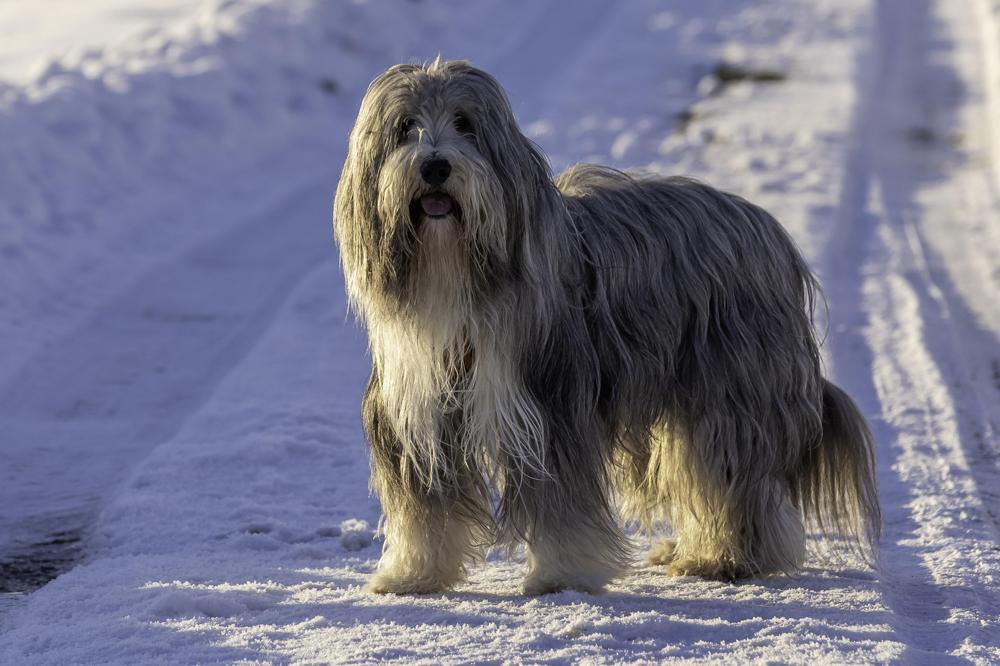
Bearded Collie Litter Size
Researchers from the Norwegian School of Veterinary Science did a study where they counted the numbers of puppies in 15 different Bearded Collie birth litters.
From this study, the researchers found that the average number of puppies that Bearded Collies can have is 5 puppies. Also, the Bearded Collie can have as few as 1 puppies per litter and as many as 9 puppies per litter.
The number of puppies that the Bearded Collie will have depends on factors such as the age of the Bearded Collie, the method of pregnancy, etc.
Click here to see our calculator for predicting how many puppies your Bearded Collie will have and how the litter size of the Bearded Collie compares to the litter size of other dog breeds.
How Fast Bearded Collies Can Run
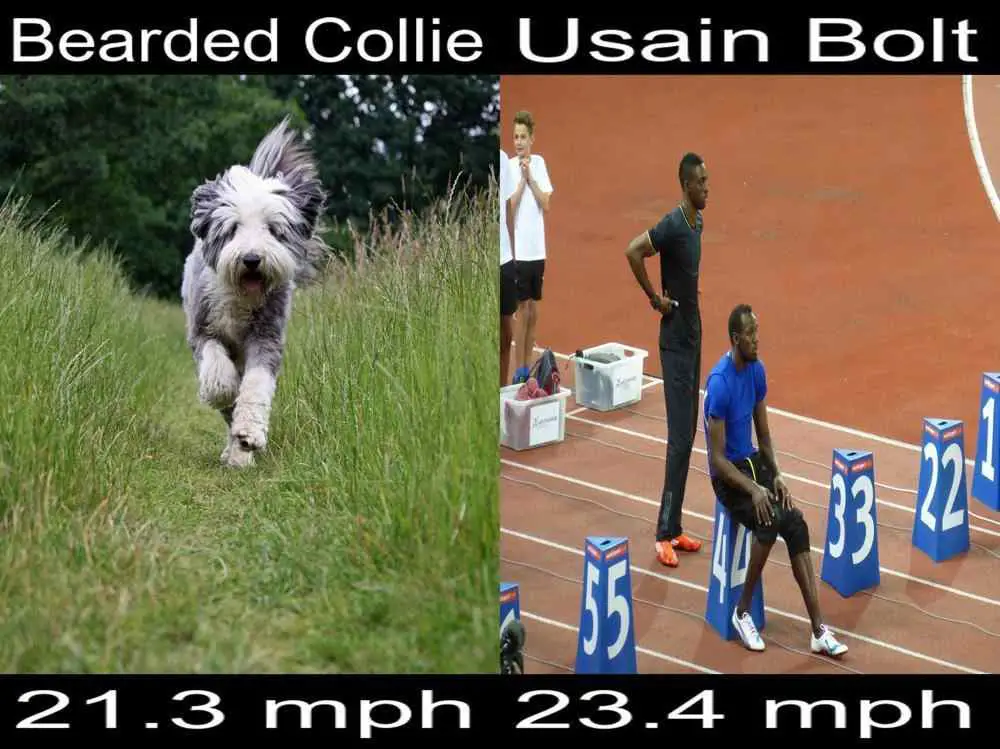
How fast a dog breed can run is a good measure of how athletic the dog breed is.
The American Kennel Club (AKC) regularly conducts dog running competitions. The AKC records the running speed of competing dogs in these competitions. These competitions are open to all dog breeds.
Based on our analysis of the speeds of 68 different Bearded Collies, the average speed of the Bearded Collie is 21.3 mph (34.3 kmph).
The fastest speed on AKC record that the Bearded Collie ran in a race is 27.38 mph (44.1 kmph) and the minimum speed on record in a race for a Bearded Collie is 9.08 mph (14.6 kmph).
Click here to see how the speed of the Bearded Collie compares to the speed of other dogs and other mammals such as cats, horses, humans, etc.
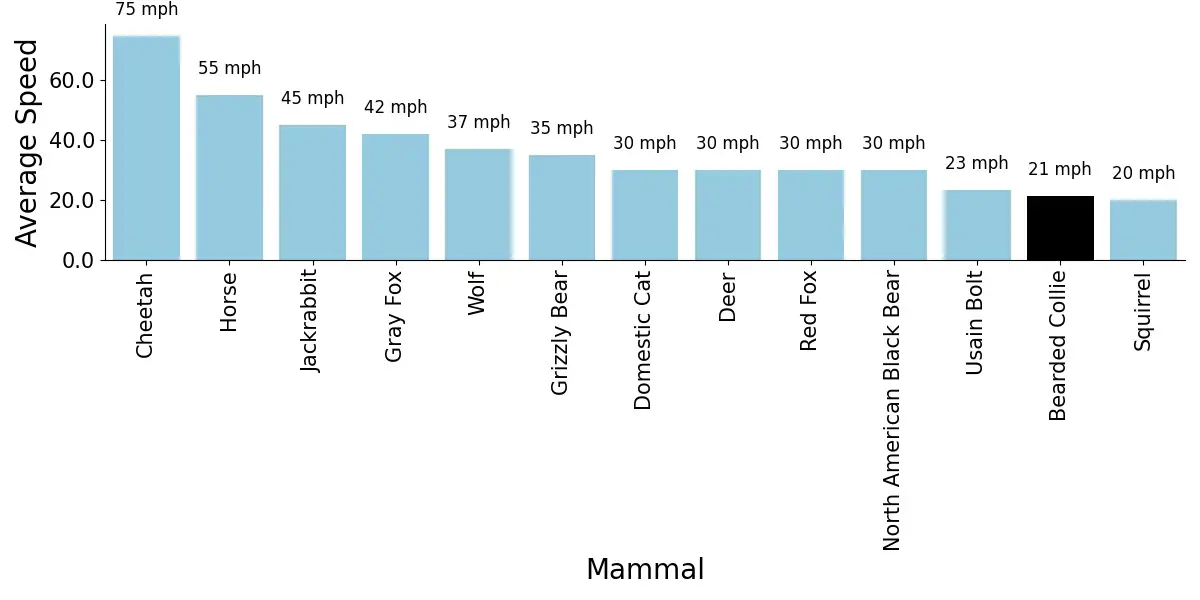
Good Names for Bearded Collies
Here are some really good names that are typical for the Bearded Collie ranked by popularity:
- Oreo
- Edinburgh
- Sherman
- Tychon
- Barney
- Georgie
- Mr
- Cedar
- Price
- Snoopy
How Intelligent are Bearded Collies?
| Bearded Collie | |
|---|---|
| Intelligence Rank | 34 out of 130 dog breeds |
| Trainability | Tend To Learn New Commands After 15 To 25 Repetitions |
According to Prof. Stanley Coren, a Canadian psychology professor/dog trainer, the total intelligence that a dog demonstrates is the addition of three types of intelligence. These intelligence types are:
- Instinctive Intelligence: This is the natural intelligence that comes from instinct. For example, dog breeds that have been historically bred to be guard dogs will have a high `guarding` intelligence compared to dogs that were not bred for guarding.
- Adaptive Intelligence (learning and problem-solving ability): This indicates what a dog can learn to do for himself or herself. Adaptive intelligence is specific to each dog, and not breed specific. You can improve your dog`s adaptive intelligence by investing time to train your dog.
- Working/Obedience Intelligence: This type of intelligence is breed-specific. Certain dog breeds tend to have higher working/obedience intelligence than some other breeds. This intelligence is the closest to what we might call school-learning ability and it is based upon what the dog can learn to do when instructed by humans. This type of intelligence can be measured for each dog breed and compared to that of other dog breeds.
Professor Stanley Coren measured and ranked the working intelligence of about 130 different dog breeds.
Prof. Coren found that the Bearded Collie has an obedience intelligence rank of 34 out of 130 dog breeds. Thus, Prof. Coren put Bearded Collies in the `Above Average Working Dogs` category.
This means that Bearded Collies tend to learn new commands after 15 to 25 repetitions.
However, we should mention that a dog should not be judged based on its intelligence alone. There are other important factors you need to consider when deciding on which dog breed to get. These other factors include sociability, adorability, and compatibility of the dog breed with your lifestyle.
See the intelligence ranking of some other dog breeds below:
| Breed | Intelligence Rank |
|---|---|
| Border Collie | 1 |
| Shetland Sheepdog | 6 |
| Miniature Schnauzer | 12 |
| Cardigan Welsh Corgi | 26 |
| Chesapeake Bay Retriever | 27 |
| Giant Schnauzer | 28 |
| Airedale Terrier | 29 |
| Manchester Terrier | 32 |
| Affenpinscher | 37 |
| Kuvasz | 42 |
| Finnish Spitz | 43 |
| Bichon Frise | 45 |
| American Foxhound | 46 |
| Boxer | 48 |
| Alaskan Malamute | 50 |
| Skye Terrier | 55 |
| French Bulldog | 58 |
| Chihuahua | 67 |
| Borzoi | 75 |
| Basenji | 78 |
How Popular are Bearded Collies with New Dog Owners?
Every year, the American Kennel Club (AKC) publishes information on how popular a dog breed is in that particular year. The AKC gets the popularity information of a breed from how many dogs of that breed the owners register with the AKC every year. The AKC collects this data for about 200 dog breeds.
The graph below shows the popularity trend of the Bearded Collie.
The popularity of the Bearded Collie averaged over the years is Number 126 out of about 200 dog breeds.
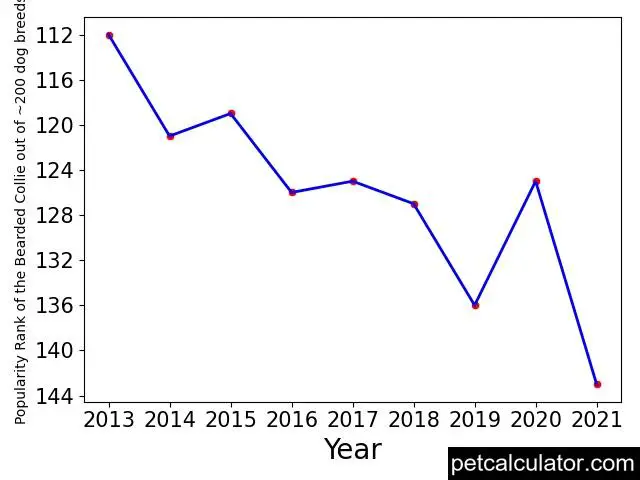
Do not get a dog breed just because it is a popular dog breed. And do not reject a dog breed just because it is an unpopular breed.
Health Problems in Bearded Collies and How to Prevent Them
Every dog breed has its own set of health problems that it tends to develop. There is nothing like a perfect dog breed.
The Bearded Collie is prone to certain genetic health conditions. The Orthopedic Foundation for Animals (OFA) is an organization that keeps track of genetic health problems in dog breeds.
From the extensive records that the OFA keeps, the OFA knows what health problems each dog breed is naturally prone to develop.
Hence, the OFA recommends which health screening breeders should perform on a dog breed to make sure that the breeders won`t breed `defective` dog parents that can pass down defective genes to their puppy offspring.
If you want a Bearded Collie puppy that will grow up to be healthy, make sure that your Bearded Collie breeder screens your puppy or your puppy`s parents for the health problems that the OFA recommends for your puppy`s breed. This will increase the chances that your puppy is free from genetic defects.
The following are the health tests that Orthopedic Foundation for Animals (OFA) recommends that breeders should screen Bearded Collies for:
- Autoimmune thyroiditis
- Elbow Dysplasia
- Eye examination each year, results registered with the OFA.
- Hip Dysplasia
You can find out more about OFA`s recommended tests for Bearded Collies here.
How to Take Care of Bearded Collie
To take good care of your Bearded Collie, you need to make sure that you groom your Bearded Collie regularly.
Secondly, you need to find a veterinarian in your area that will routinely check the health status of your Bearded Collie regularly, and give you appropriate recommendations on your Bearded Collie`s preventative care.
Thirdly, you need to commit some time to exercise your Bearded Collie daily. Regular exercise helps improve the health and quality of life of your Bearded Collie.
Also, you need to feed your Bearded Collie high-quality dog food, and the food should be of the right amount to prevent your Bearded Collie from getting overweight or underweight.
See our recommendations on what to feed the Bearded Collie and how much food to feed the Bearded Collie at different life stages.
Finally, you need to make sure that your Bearded Collie has access to clean water all the time. See our recommendations on how much water your Bearded Collie needs to drink at different ages.
Dog Breeds That Are Similar to Bearded Collies
If you have not made up your mind on which dog breed to get, you may also want to consider some other dogs similar to the Bearded Collie.
We crunched the numbers and found that the following dog breeds that have similar behavior and temperament as the Bearded Collie:
- West Highland White Terrier (82 percent match with Bearded Collie). Learn more about the West Highland White Terrier here.
Other Things to Know About Bearded Collies
Here are some of the very important characteristics of the Bearded Collie that you need to know about the Bearded Collie breed:
